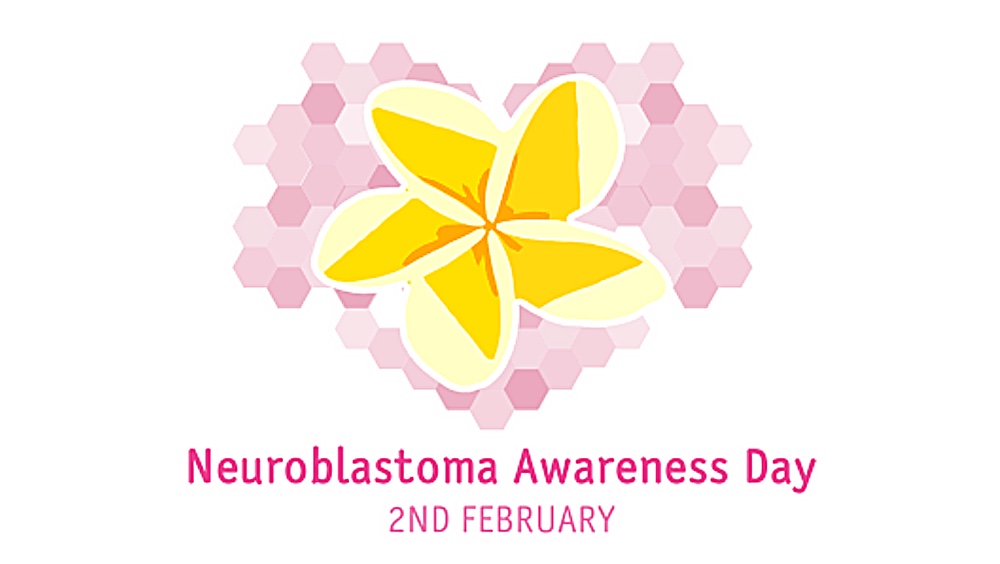Neuroblastoma National Awareness Day

Neuroblastoma National Awareness Day is the 2nd of February each year and The Kids’ Cancer Project is proud to partner with Neuroblastoma Australia to promote awareness and research into this devastating childhood cancer.
Neuroblastoma is a cancer of the sympathetic nervous system; this is the message network between your brain and other parts of the body. Neuroblastoma is the most common type of solid tumour in children under the age of five years, the average age of diagnosis is two years old.
Neuroblastoma tumours can develop in the abdomen, neck or pelvis. Children diagnosed often face a gruelling treatment plan to beat their cancer which includes: surgery, radiation therapy, MIBG therapy, chemotherapy, bone marrow transplant and immunotherapy.
As a result of the aggressive treatments used, children often develop long-term side effects such as: hearing loss, learning difficulties, heart conditions, organ toxicity, growth and hormonal deficiencies, infertility and secondary cancers.
The Kids’ Cancer Project is committed to finding better treatments and a cure for Neuroblastoma. Currently we are funding are two projects offering children fighting Neuroblastoma hope.
DFMO Clinical Trial
This trial offers a new treatment approach for children who have relapsed with Neuroblastoma. Dr David Ziegler, Paediatric Oncologist, Sydney Children’s Hospital Randwick, explains:
The drug DFMO essentially makes the current chemotherapies more effective in killing neuroblastoma cells. We hope that this will be a new way forward for children diagnosed with high risk neuroblastoma.
Read more: International DFMO Clinical Trial
Drug Discovery Program and Anisina
Professor Peter Gunning began this innovative research at the Children’s Hospital at Westmead and is now continuing to develop this drug technology through his work at the University of New South Wales. This exciting new technology forces cancer cells to self- destruct without affecting the healthy cells around it.
Anisina is designed to treat some of the hardest to treat childhood cancers, like Neuroblastoma. Preclinical studies have shown that Anisina shows great promise.
“We are getting closer every day. It is only through the ongoing support of the donors and The Kids’ Cancer Project that we will see Anisina improve survival rates for children sooner,” said Professor Peter Gunning Head of School for Medical Sciences, Head of Oncology Research Unit, Faculty of Medicine – University of New South Wales
Read more: Drug Discovery Program

